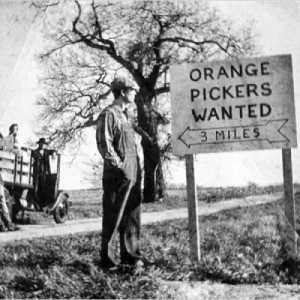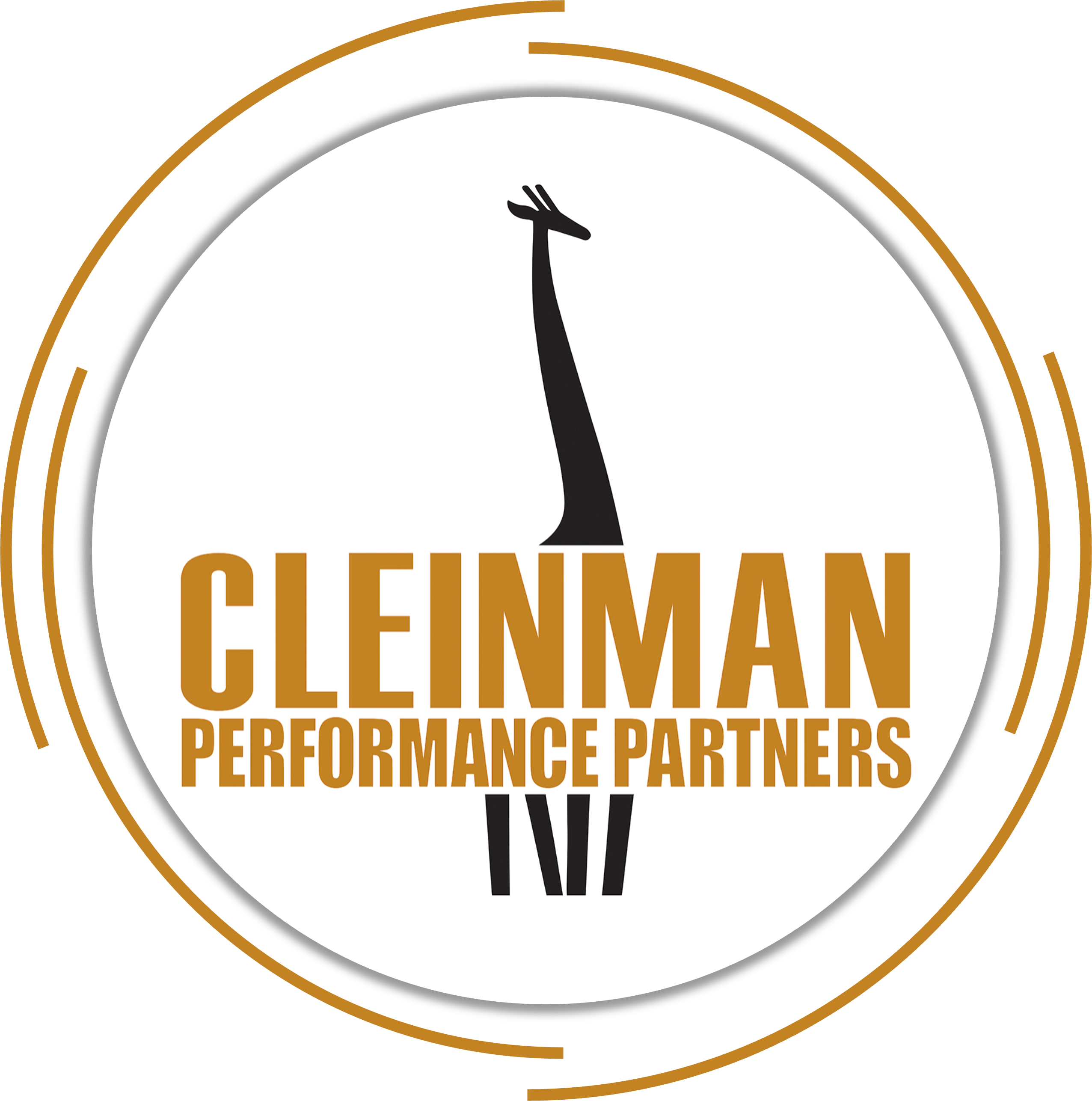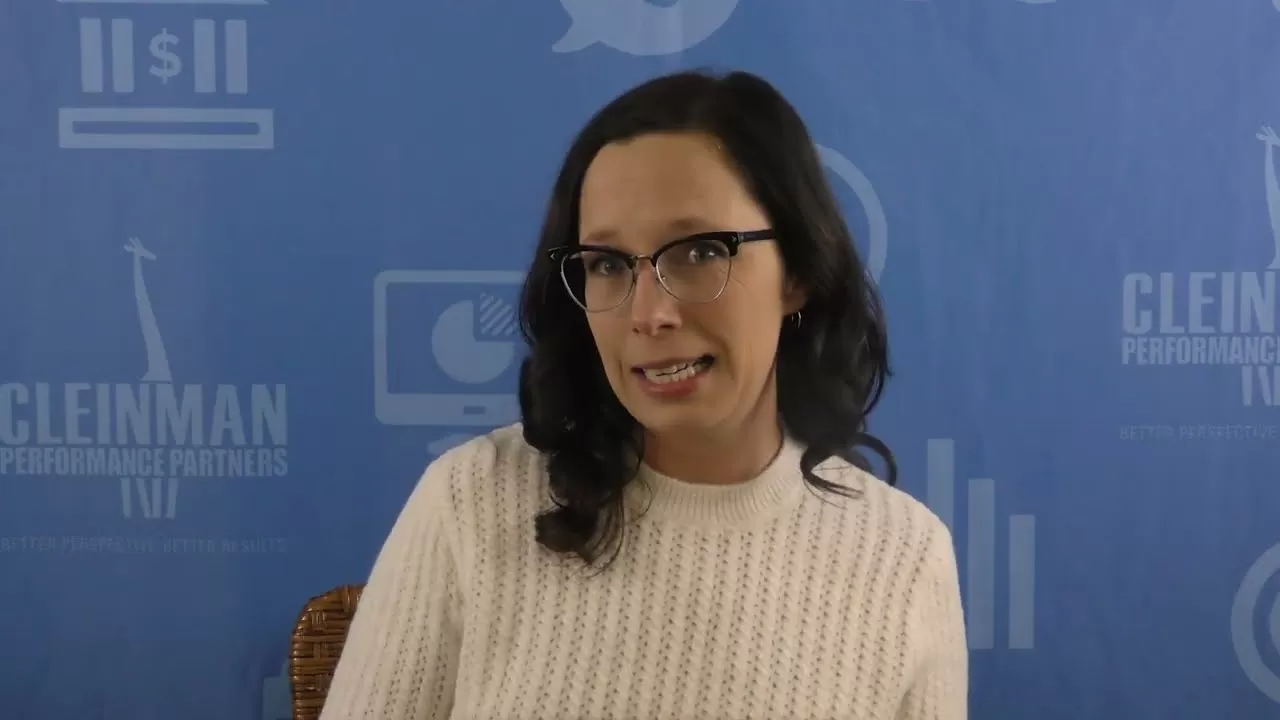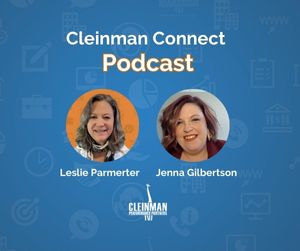
Deep in the bowels of his masterpiece, Steinbeck wrote a passage which, in my opinion, provides an important message to private practice optometry.
“And the migrants streamed in on the highways and their hunger was in their eyes, and their need was in their eyes. They had no argument, no system, nothing but their numbers and their needs. When there was work for a man, ten men fought for it-fought for a low wage. If that fella will work for thirty cents, I’ll work for twenty-five.
If he’ll do twenty-five, I’ll do twenty.
No me, I’m hungry. I’ll work for fifteen…
…And this was good, for wages went down and prices stayed up. The great owners were glad and they sent out more handbills to bring more people in. And wages went down and prices stayed up. And pretty soon now we’ll have serfs again.
And now the great owners and the companies invented a new method. A great owner bought a cannery. And when the peaches and the pears were ripe he cut the price of fruit below the cost of raising it. And as cannery owner he paid himself a low price for the fruit and kept the price of canned goods up and took his profit. And the little farmers who owned no canneries lost their farms, and they were taken by the great owners, the banks, and the companies who also owned the canneries. As time went on, there were fewer farms. The little farmers moved into town for a while and exhausted their credit, exhausted their friends, their relatives. And then they too went on the highways. And the roads were crowded with men ravenous for work, murderous for work.
And the companies, the banks worked at their own doom and they did not know it. The fields were fruitful, and starving men moved on the roads. The granaries were full and the children of the poor grew up rachitic, and the pustules of pellagra swelled on their sides. The great companies did not know that the line between hunger and anger is a thin line. And money that might have gone to wages went to gas, for guns, for agents and spies, for blacklists, for drilling. On the highways the people moved like ants and searched for work, for food. And the anger began to ferment.”
Steinbeck is, of course, describing the relationship between migrant workers and the system of control that arose out of a not-so-unique combination of greed and necessity. The large farm companies provided derelict housing and a company store…all the necessities for life in America’s bread-basket. Conditions were such that an entire family could work all day for a pittance and, after purchasing the day’s food from the Company store at inflated prices, still be in debt to the company.
While conditions among optometrists and migrant workers are completely incomparable on fact, the same forces that existed in the dust bowl era appear to be at work within our industry.
- The big have vertically integrated. They now have a company store, and pay the workers with the equivalent of “script.”
- The big have agents and guns (power of audit) to control the workers.
- The big have huge resources…provided by the workers…and work to control public opinion.
- The big get bigger…and the individual feels helpless against the resulting tide.
History repeats itself. Do the history of migrant workers and even current farming trends provide insight into the future for private practice optometry?
“Power tends to corrupt, and absolute power corrupts absolutely.”
Lord John Acton – 1887




